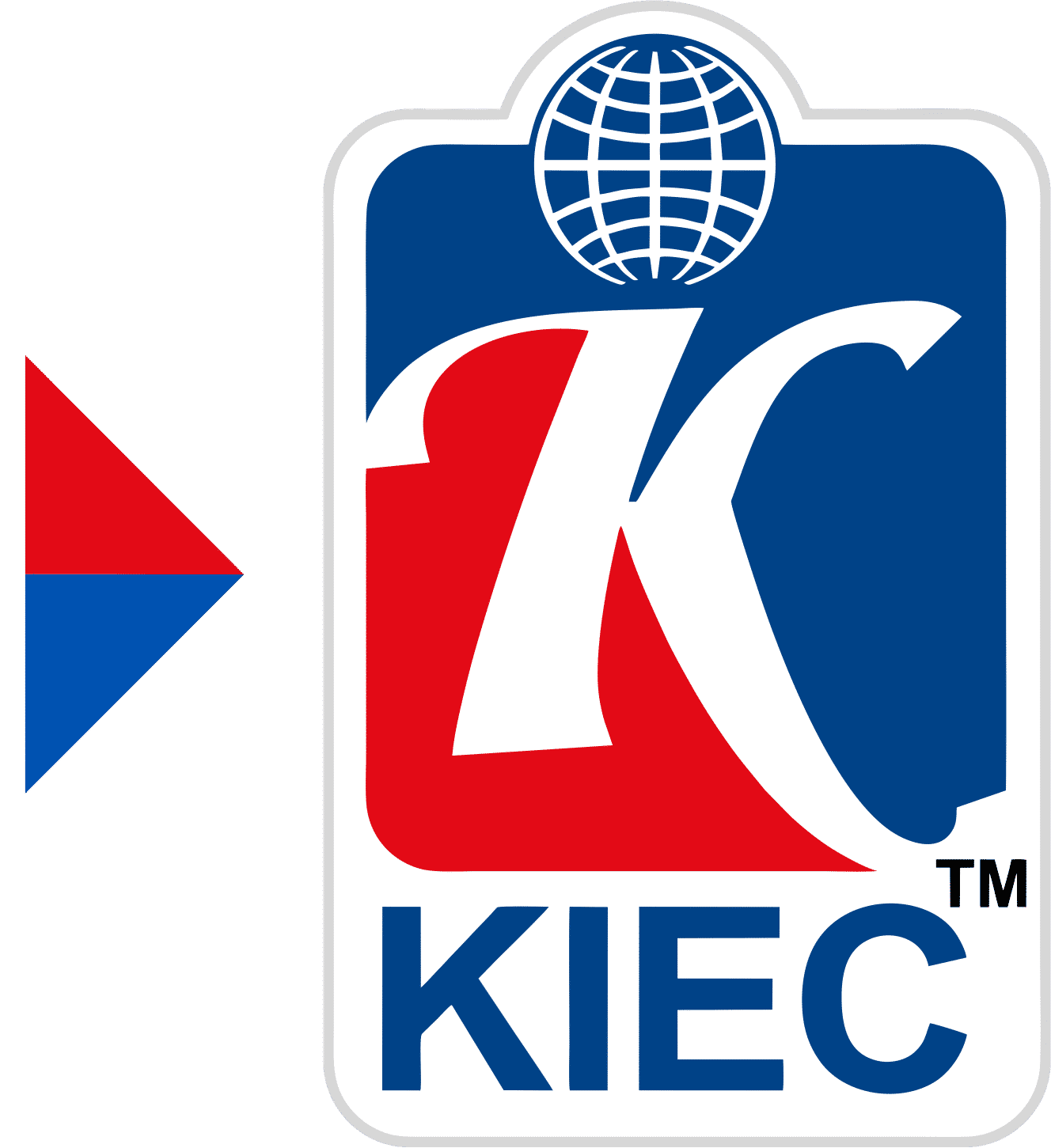
DEVELOPMENT ECONOMICS
A specialized course under Business Stream
About the Course – Development Economics
This course will introduce college students to the essential standards in development economics, such as modern-day growth theories and their relevance for low-income countries. The course also focuses on unique problems such as poverty and inequality (including size issues, current trends, and the impact of inequality on the economy) gender and development, social assistance, fiscal policy, labor markets, migration, and agriculture in developing countries.
The usual aim of this course is to assist enhance the ability to read and critique research in improvement economics. The path will cover improvement matters related to institutions, education, capital and credit, and science adoption in agriculture. This route will use all the capabilities students have developed as an economist to attempt and reply to vital monetary questions. This course will train all the tools that need to practice this wondering and will use it to make a distinction in the creating world.
In general, financial development is typically the focus of federal, state, and neighborhood governments to enhance our widespread residing through the advent of jobs, the help of innovation and new ideas, the introduction of higher wealth, and the advent of general higher fantasy of life. Economic improvement is regularly defined via others primarily based on what it is making an attempt to accomplish. Many times these targets encompass constructing or enhancing infrastructure such as roads, bridges, etc.; improving our schooling system through new schools; improving our public security through hearth and police service; or incentivizing new corporations to open an area in a community.
- The Neoclassical Model and Convergence of Income
- Coordination and Persistent Poverty
- Credit, Inequality in the Divergence of Incomes
- The Psychology of Poverty
- Health and Nutrition
- The Role of Institutions in Development
- Political Economy and Corruption
- Property Rights and Investment Incentives
- International Aid and Economic Growth
- Microfinance
- Credit, Saving and Insurance
- Land Redistribution
- Role of Media and Policy in Development
- Social Networks and Social Capital
- Role Regulation in Development
- Intrahousehold Allocations and Gender
- Technology Adoption and Learning
Career Prospect
The economist degree will boost student employability in many areas, regardless of the enterprise they work in. There is sturdy demand for relatively numerate graduates throughout the international labor market, and the widely transferable analytical and problem-solving skills developed by using economics students mean that careers in economics are extremely wide-ranging and diverse.
The program additionally permits the college students to acquire the transferable capabilities required in their doable future positions, including:
- Macroeconomist – private and public sector
- Management consultant
- Financial economist
- Energy and resource economist
- Public sector economist
- Labor market economist
- Competition economist
Professional Associations
The five economist organizations below may provide access to knowledge, professional development, and networking opportunities.
- American Economic Association.
- World Economics Association.
- Society for the Advancement of Economic Theory.
- National Association for Business Economics.
- National Economic Association.
Career Opportunity
The Global Development Institute (GDI) will equip you with the skills for specialist positions in development-related NGOs and public and private organizations. Potential careers include:
- international development;
- non-governmental organizations;
- central and local government;
- project implementation;
- consultancy;
- charity;
- urban and regional development policy;
- human resources;
- education;
- information and communication technologies;
- project management;
- research Top employers of our GDI graduates include:
- African Union
- Oxfam
- IDB
- Care
- Mercy Corps
- The British Council
- the World Bank
- the Department for International Development
Employment Opportunity
After incomes a degree, graduates ought to pursue directorial or managerial positions in government businesses or private firms. They could work at the country or neighborhood government levels in small cities or massive cities. They can also additionally find work as task coordinators or administrators in a variety of bodily locations. Below are greater small print about two career possibilities accessible to these fascinated in economic development.
|
Projected Job Growth (2018-2028)* |
11% (for urban and regional planners); 3% (for architectural and engineering managers) |
|
Mean Salary (2018)* |
$73,050 (for urban and regional planners); $140,760 (for architectural and engineering managers) |
Source: *U.S. Bureau of Labor Statistics
This program provides you with masses of career opportunities in establishments all over the world addressing economic development, such as the EU, OECD, ILO, World Bank, UNESCO, WTO, CEPAL, IADB (Inter-American Development Bank), NGOs, governments and central banks, assume tanks, multinational companies, and consulting firms.
You will additionally acquire the advanced competencies required to raise out research in the fields of development economics, financial history, utilized economics, and international economics.
COURSES UNDER BUSINESS & ECONOMICS
KIEC Group proudly represents the best education providers, assisting students with admission and visa processes, making personalized education pathway and worry-free experience.
Need Expert Advice to Discuss Your Study Options!
